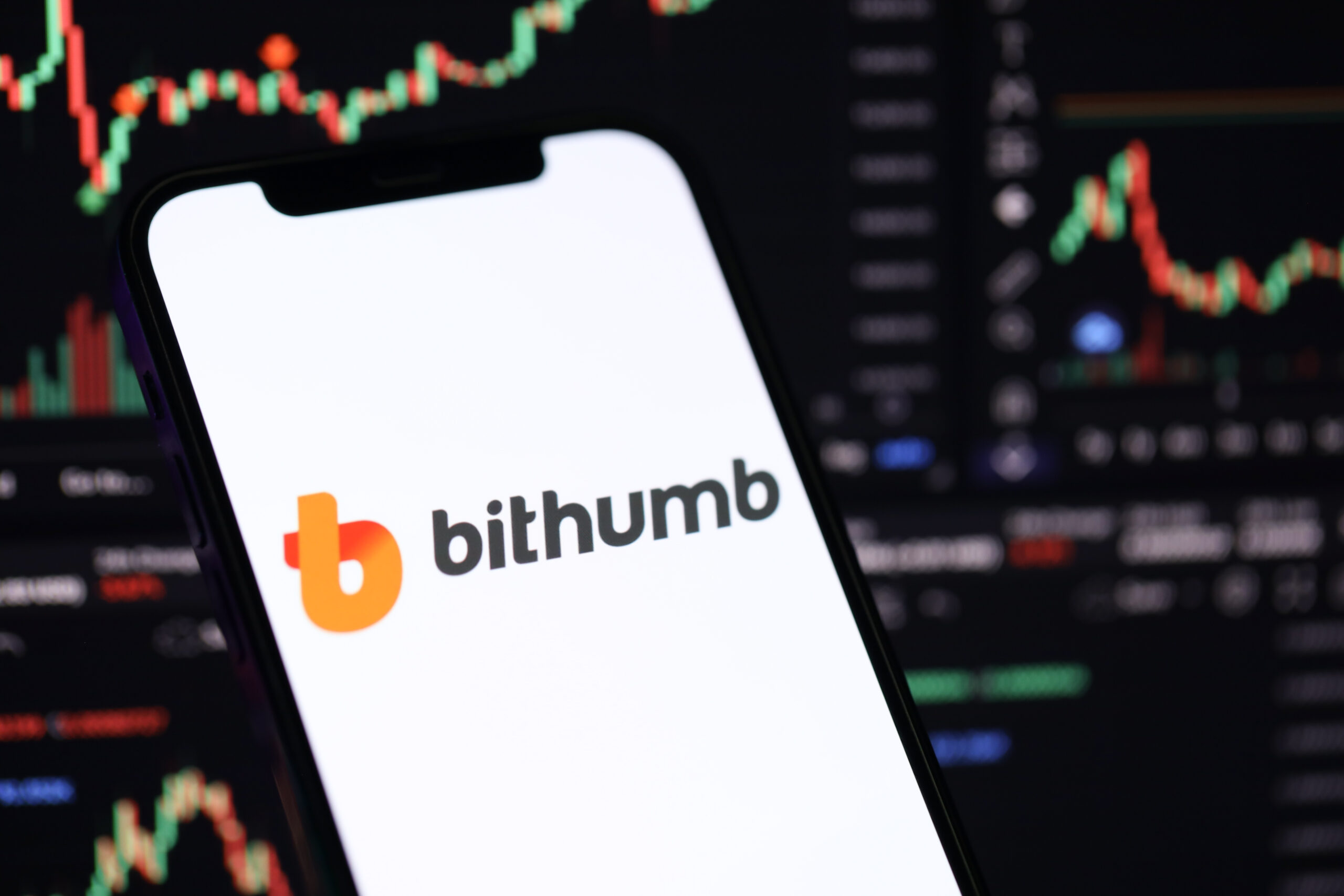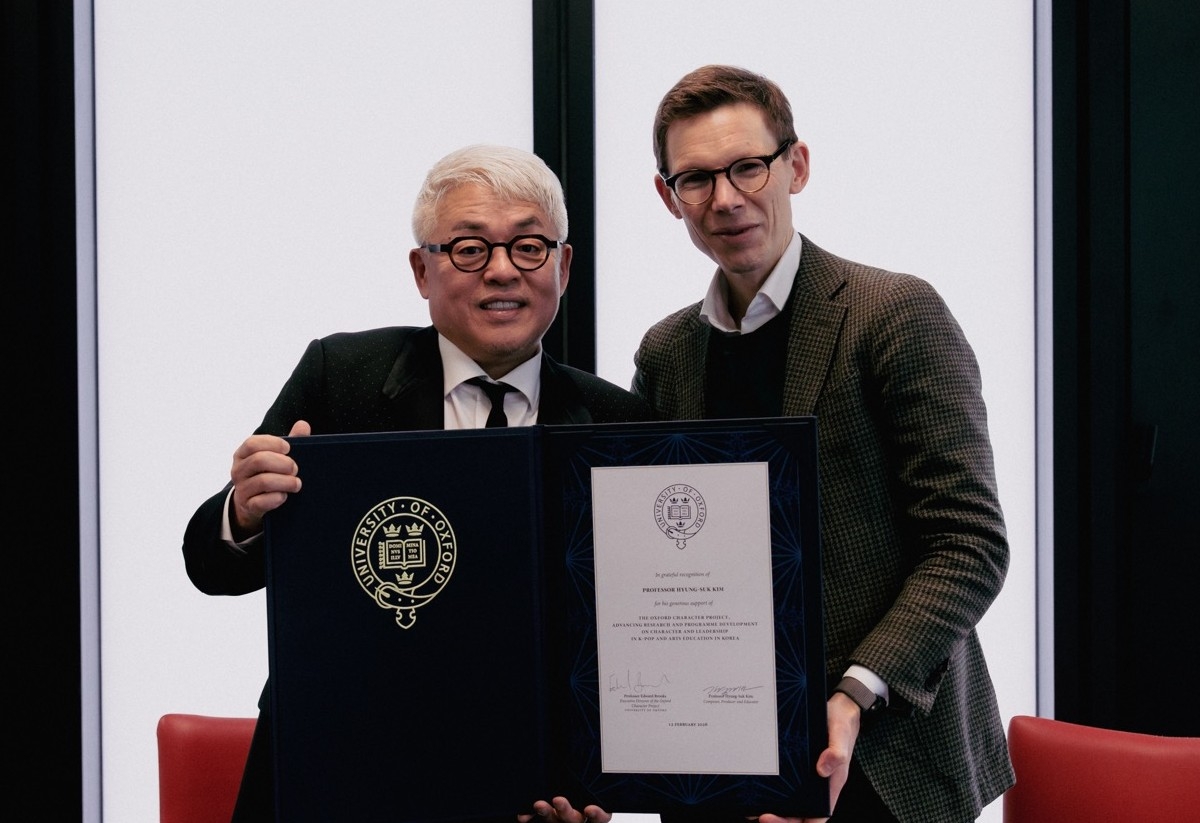
While Washington remains gridlocked over how to regulate stablecoins, South Korea is moving ahead with legislation that would bring dollar-pegged digital tokens under its foreign exchange law — a step that could influence how America’s allies manage crypto-denominated cross-border flows.
The proposal, put forward by Rep. Park Sung-hoon, a lawmaker from South Korea’s ruling People Power Party, would formally classify stablecoins — including USDT and USDC — as “means of payment” under the nation’s Foreign Exchange Transactions Act.
That means any use of stablecoins for trade, remittances, or capital movement would be subject to the same reporting requirements as cash or bank transfers.
Seoul’s central bank, the Bank of Korea, has warned that dollar-backed stablecoins are already being used to skirt currency rules and move funds abroad without oversight — a concern that mirrors U.S. Treasury fears about digital assets undermining monetary control.
Unlike the United States, where stablecoin bills have stalled in Congress, South Korea’s effort reflects a faster, top-down approach to digital-asset governance. “The global regulatory map is being redrawn,” said a Seoul-based fintech analyst. “Korea wants to show that responsible crypto oversight can coexist with innovation — and that might put pressure on Washington to follow.”
For U.S. regulators, Seoul’s move underscores how allies are beginning to set the pace in shaping the next phase of digital finance — one where the dollar remains central, but increasingly circulates through code instead of cash.















